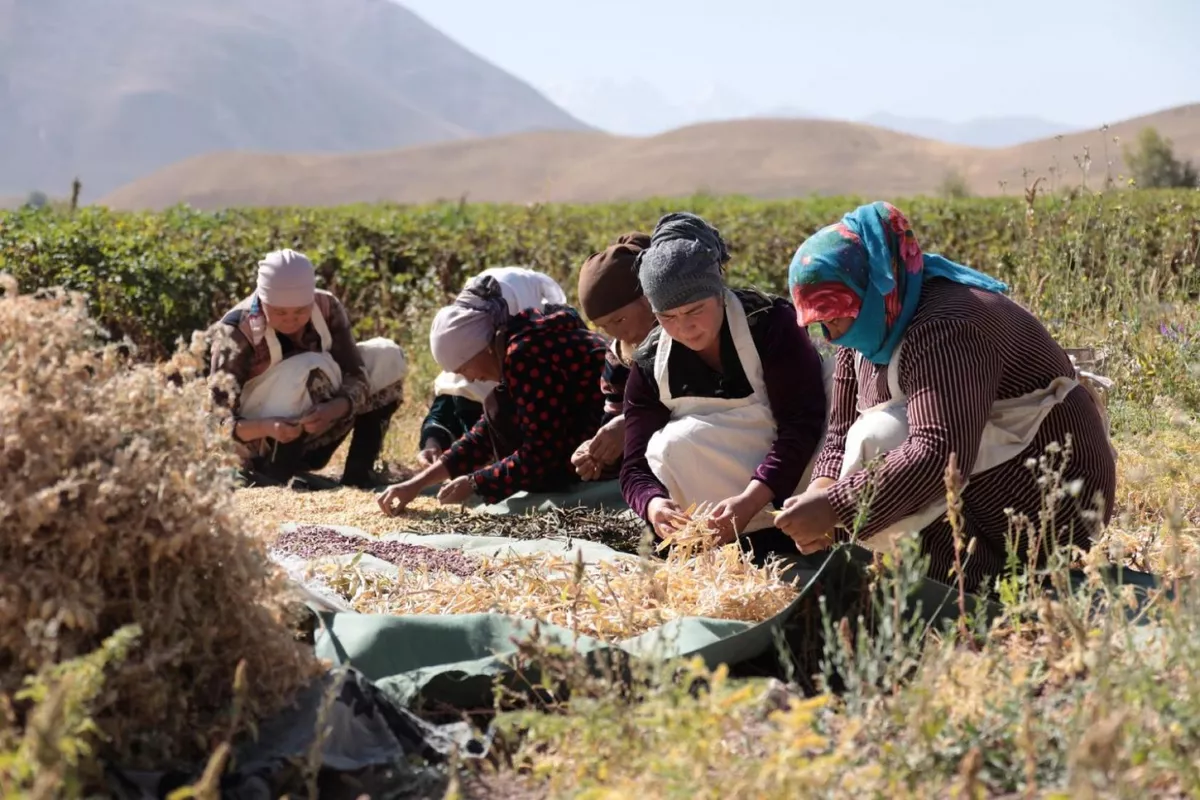
photo: UN DCO
The Tajik government has formally approved the 2025-2029 Agricultural Digitalization Program, a forward-looking strategy designed to modernize the country’s agricultural sector through widespread adoption of digital technologies.
The initiative was developed with significant technical assistance from the Food and Agriculture Organization of the United Nations (FAO), The Caspian Post reports via Tajik media.
Adopted on May 29, 2025, the program aligns with Tajikistan’s national agricultural priorities and overarching policy frameworks. It aims to boost agricultural productivity, improve food security, upgrade public services, and enhance resilience to climate change impacts.
Deputy Minister of Agriculture, Nigina Anvari, highlighted the government’s commitment:
“This program reflects strong political will to advance agricultural reforms and accelerate digital technology integration. It promises new opportunities for farmers, rural communities, and agribusinesses alike.”
FAO’s office in Tajikistan underscored its role in supporting the program’s development, working closely with the Ministry of Agriculture, a cross-ministerial task force, and national experts. The collaboration included workshops to establish a unified vision and strategic goals for the digital transformation of the agri-food sector.
FAO’s Acting Representative in Tajikistan, Agasi Arutyunyan, described the program as:
“A vital milestone towards creating more resilient, inclusive, and smart agricultural systems. We are proud to support the government in shaping this innovative roadmap.”
The program prioritizes investments in infrastructure, expansion of digital public services, and enhancement of digital literacy. Key focus areas include improved weather forecasting, pest and disease control, transparency in operations, and the strengthening of agricultural information systems.
Implementation will be phased with ongoing annual monitoring and continuous FAO assistance, including development of e-government platforms and agriculture-specific digital solutions.
Agriculture contributes approximately 25 per cent to Tajikistan’s GDP and employs around 60 per cent of the workforce. However, the sector faces challenges such as low labor productivity, reliance on outdated methods, and limited access to finance. Digitalization is seen as essential to improving competitiveness and sustainability.
The program aims to enhance farmers’ access to information, resources, and markets while streamlining supply chains. It also addresses the challenge of digital inequality, focusing on expanding technology access and building skilled human capital.
Advances in information and communication technologies (ICT), along with innovations such as artificial intelligence and drone systems, are expected to transform agricultural management and knowledge dissemination, empowering farmers across Tajikistan.
Share on social media